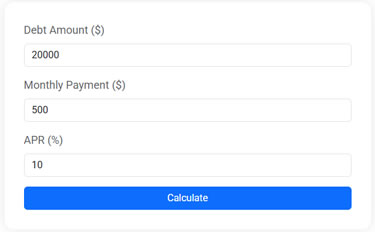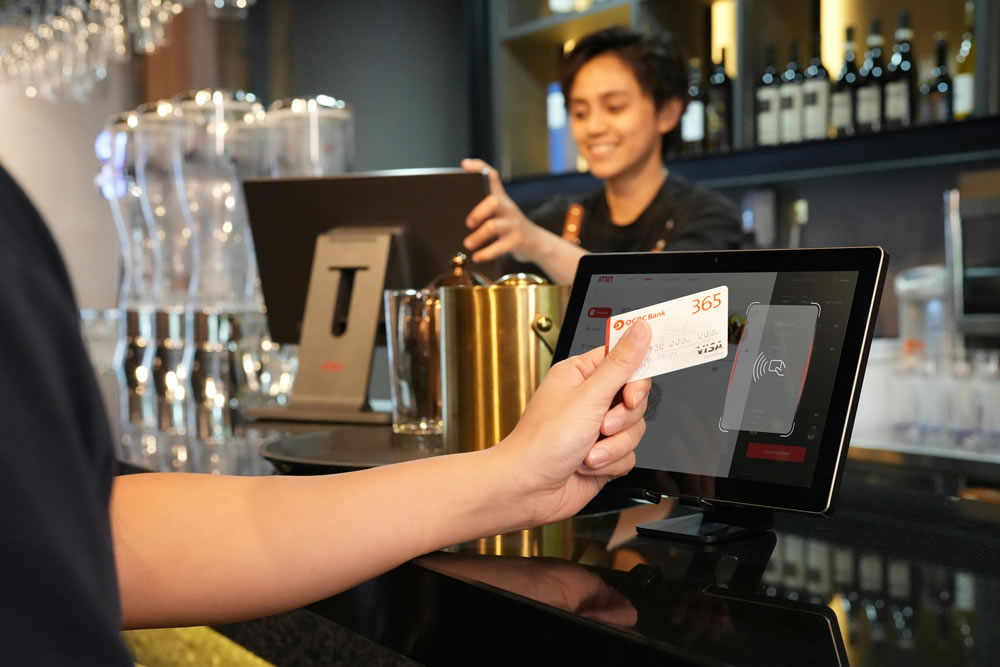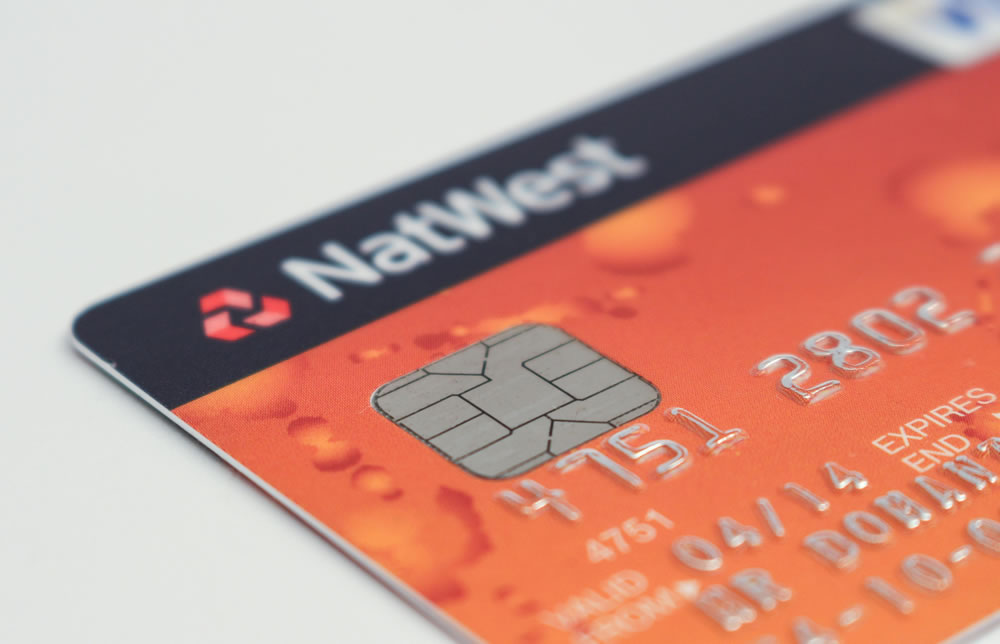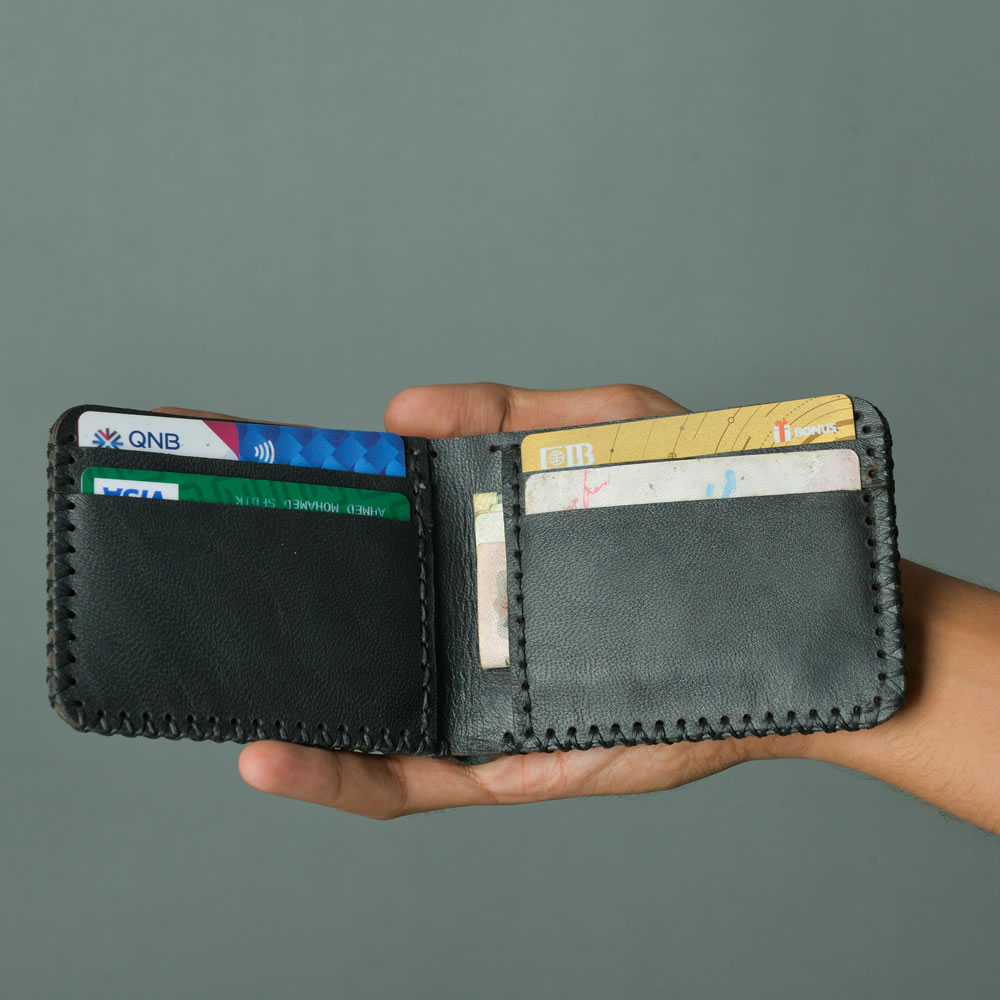Breaking the Cycle: How to Stop Using Credit to Stay Afloat

The article discusses the common struggle many people face with recurring credit card debt and offers strategies to break free from this cycle. It highlights the importance of understanding the root causes of credit dependency, such as lifestyle inflation and unexpected expenses, and suggests practical steps like setting a realistic budget, building an emergency fund, exploring additional income streams, cutting unnecessary expenses, negotiating better terms with creditors, and seeking professional guidance. Ultimately, it emphasizes adopting a debt-free mindset and the benefits of achieving financial freedom through patience and perseverance.
Every time the credit card bill arrives, it feels like a déjà vu. The balance is higher than expected, and the cycle starts again: paying off just enough to avoid penalties but not enough to make a significant dent. It's like running on a financial treadmill, and if you're feeling the strain, you're not alone. Many people find themselves trapped in a cycle of using credit to cover expenses, only to face more debt down the road. The good news is that breaking this cycle is possible. With a strategic approach and a bit of determination, you can regain control over your finances and stop relying on credit just to stay afloat.
Understanding the Roots of the Credit Cycle
Before tackling a problem, it's crucial to understand its origins. The reliance on credit often starts innocently enough—maybe it was a one-time emergency expense or a splurge vacation. However, as financial advisor Jane Smith notes, "Most people don't realize they're in over their heads until they're already sinking." A single unplanned expenditure can snowball when combined with high-interest rates, leading to an ongoing dependency on credit cards.
Lifestyle inflation is another sneaky culprit. As incomes rise, so do spending habits. Instead of saving the extra income, many people increase their expenses, justifying purchases with thoughts like, "I deserve this." Over time, this can create a gap between one's lifestyle and income, often filled by credit. Recognizing these patterns is the first step towards breaking free.
Setting a Realistic Budget
To stop using credit as a financial crutch, establishing a realistic budget is non-negotiable. Think of a budget as a roadmap for your money. Without one, it's easy to lose track of spending and fall back on credit. Start by listing all sources of income and then mapping out monthly expenses. Be honest with yourself about discretionary spending; it's easy to underestimate those small "treat yourself" moments that add up.
Tackle the essentials first—housing, utilities, groceries, and transportation. Then, allocate funds for savings before considering non-essential expenses. This practice, often referred to as "paying yourself first," ensures you're building a financial cushion. As CNBC highlights, "Automating savings can help remove the temptation to spend." Once your essentials and savings are covered, you'll have a clearer picture of what's left for discretionary spending.
Debt Payoff Calculator
Plan your financial future by estimating how long it will take to pay off your debt based on your balance, annual percentage rate (APR), and monthly payment. After entering your figures, the calculator determines the number of months needed to fully repay the debt and calculates the total interest paid over time.
Building an Emergency Fund
One of the most effective ways to reduce reliance on credit is by having an emergency fund. This stash of cash is designed to cover unexpected expenses, such as medical bills or car repairs, without needing to reach for a credit card. Aim to save at least three to six months' worth of living expenses, though starting with a smaller goal, like $1,000, can make the task feel less daunting.
Establishing this safety net takes time and discipline, but it's worth the effort. Set up a separate savings account specifically for emergencies and automate monthly contributions, even if they're small. Over time, these contributions will accumulate, providing peace of mind and financial security. Remember, the goal isn't just to save money but to change the mindset that credit is the only solution in a pinch.
Exploring Alternative Income Streams
Increasing your income is another strategy to break free from credit dependence. Side hustles have become increasingly popular, offering a way to boost earnings without committing to another full-time job. Whether it's freelancing, pet sitting, or selling handmade goods online, these ventures can provide the extra cash needed to pay down debt or bolster savings.
Consider leveraging your skills or hobbies. For instance, if you're handy with a camera, offering photography services on weekends can be lucrative. According to a survey by Bankrate, more than 44 million Americans have a side hustle, with many earning upwards of $500 monthly. This additional income not only helps reduce debt but also empowers you to make financial choices without defaulting to credit.
Cutting Unnecessary Expenses
To make a significant impact on your financial health, scrutinize your expenses with a critical eye. It's surprising how much can be saved by cutting back on non-essential spending. Start by evaluating recurring expenses, like subscription services. Do you really need multiple streaming platforms, or can you manage with just one?
Dining out and entertainment can also gnaw away at your budget. Consider cooking at home more often or exploring free community events for entertainment. It might seem like small potatoes, but these savings accumulate over time, freeing up funds that can be redirected to paying down debt or building your emergency fund.
Negotiating Better Terms
If high-interest rates are keeping you in the credit cycle, it might be time to negotiate better terms with your creditors. Many people are unaware that interest rates aren’t always set in stone. A simple phone call to your credit card company can sometimes result in a lower interest rate, especially if you have a history of on-time payments.
Alternatively, consider transferring your balance to a card with a lower rate or, better yet, one offering an introductory 0% interest period. This can give you breathing room to pay down the principal without accruing additional interest. Just make sure to read the fine print—balance transfer fees and potential rate hikes after the introductory period can offset the benefits if you're not careful.
Seeking Professional Guidance
Sometimes, tackling debt on your own can feel overwhelming. If that's the case, seeking help from a financial advisor or a credit counseling service might be a wise step. These professionals can provide tailored advice and strategies, helping you create a personalized plan to get back on track.
Be cautious, though—ensure any service you use is reputable. Nonprofit credit counseling agencies often offer free or low-cost services and can assist with debt management plans if necessary. As financial expert Suze Orman insists, "It's okay to ask for help. In fact, it's one of the smartest things you can do."
Embracing a Debt-Free Mindset
Breaking the cycle of credit dependency is as much about mindset as it is about strategy. Embrace the idea of living within your means, and focus on the long-term benefits of financial freedom. Celebrate small victories, like paying off a credit card or reaching a savings milestone, and use these achievements to fuel further progress.
Visualize what a debt-free life looks like for you—perhaps it's the ability to travel without worry or simply the peace of mind knowing you're prepared for life's curveballs. By prioritizing financial health and shifting your mindset away from instant gratification, you're setting the foundation for a more secure and stress-free future.
Breaking free from credit reliance isn't an overnight process, but with patience and perseverance, it's entirely achievable. By understanding the root causes, setting realistic budgets, and exploring alternative solutions, you can regain control over your financial life and pave the way for lasting stability.








